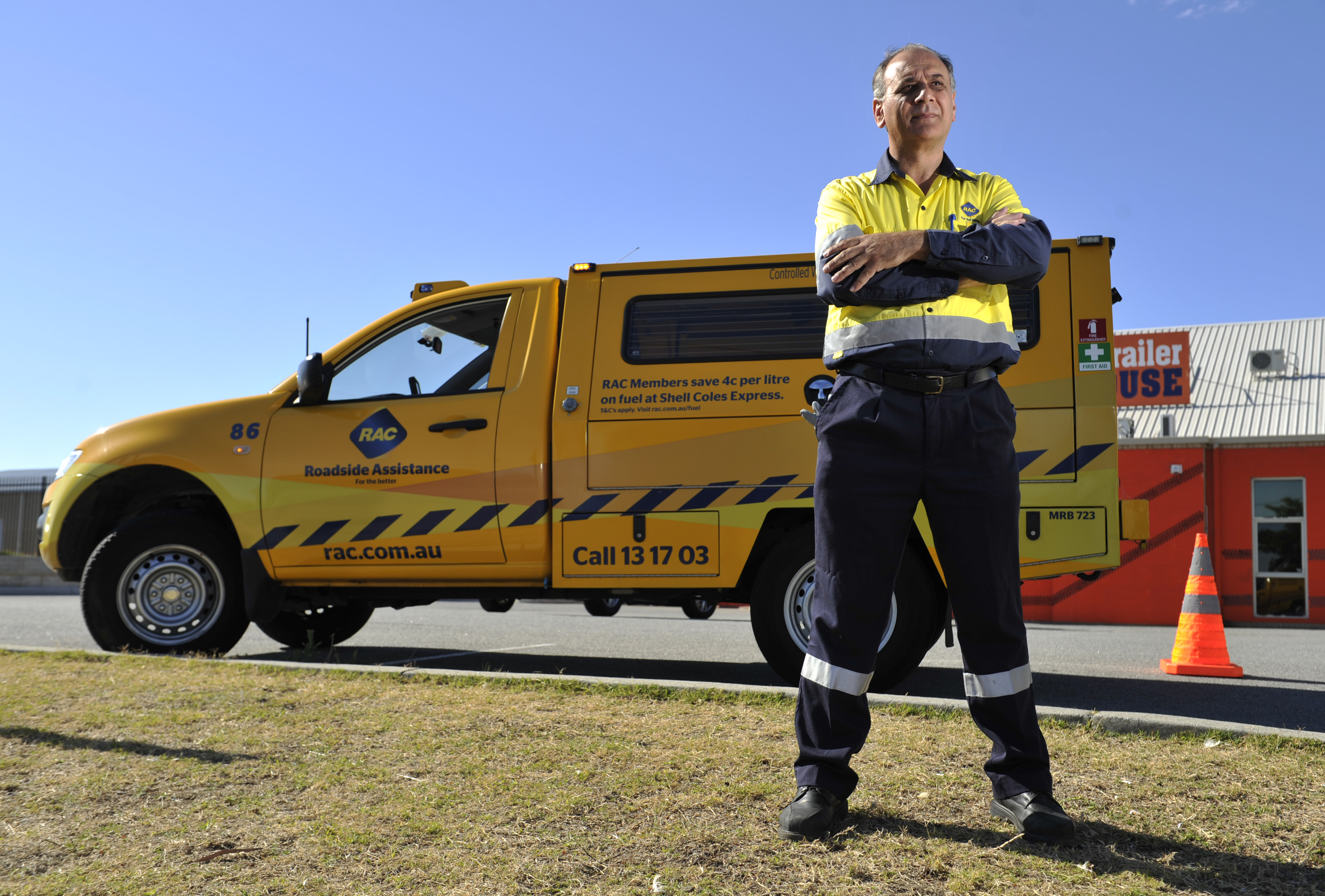MEDIA RELEASE
RAC Roadside Assistance is reminding parents and guardians to be vigilant with their car keys in the lead up to Christmas, predicting a further 54 kids and 18 pets will need rescuing from locked cars before the end of the year.
Between 1 January and 30 November 2017, RAC received 591* call outs to free children and a further 264 pet call outs, putting the 2017 call-out rate on a similar trajectory as last year.

RAC Patrol Cameron Dargan said while the nearest Patrol is always sent directly to the job, it is still a stressful situation for the guardian.
“It’s predicted that during the last month of the year, almost two kids a day will be locked inside a vehicle. This can be really distressing for our members and it’s also dangerous,” Mr Dargan said.
“The majority of lock-ins occur when the child is given the car keys to play with or the keys are left within the child’s reach. With pets, it is usually when they step on the lock. Therefore, it’s really important that guardians keep control of the car keys at all times.
“We treat lock-ins seriously and give them the highest priority, but it’s important to remember that Patrols don’t have emergency sirens or flashing lights – we can still get caught in traffic and have to obey the road rules. If a child is distressed or in harm’s way the first call should always be to emergency services.
“Similar to last year, on average we’ve responded to 11 children and five pets rescues each week since the beginning of the year. This includes on some of Perth’s hottest summer days.”
Director of the Telethon Kids Institute and paediatrician, Professor Jonathan Carapetis, said as outside temperatures increase and Christmas stress sets in, guardians need to be extra aware of where they are putting their car keys.
“The temperature inside the car can rise rapidly in an incredibly short period of time. Tests in Queensland by RACQ have shown the internal temperature of a vehicle can rise from air conditioned to ambient temperatures in as little as two minutes, and on a 32 degree day the cabin temperature can get to 40 degrees in as little as seven minutes,” Professor Carapetis said.
“Forty degrees is not safe for young children or pets because infants and dogs are not able to regulate their body heat the way adults can.
“It can have very serious consequences for their health. They’ll certainly dehydrate, they’ll certainly get sick and it can be lethal,” Professor Carapetis said.
RAC data shows the lock-ins typically occur outside a shopping or childcare centre or even in the home driveway.
* This is not the final number of children or pets locked inside the vehicle, as some of these call outs included multiple children or pets per rescue. Also importantly, some of these rescues were cancelled before RAC Roadside Assistance arrived on the scene.
Back to Media Centre
